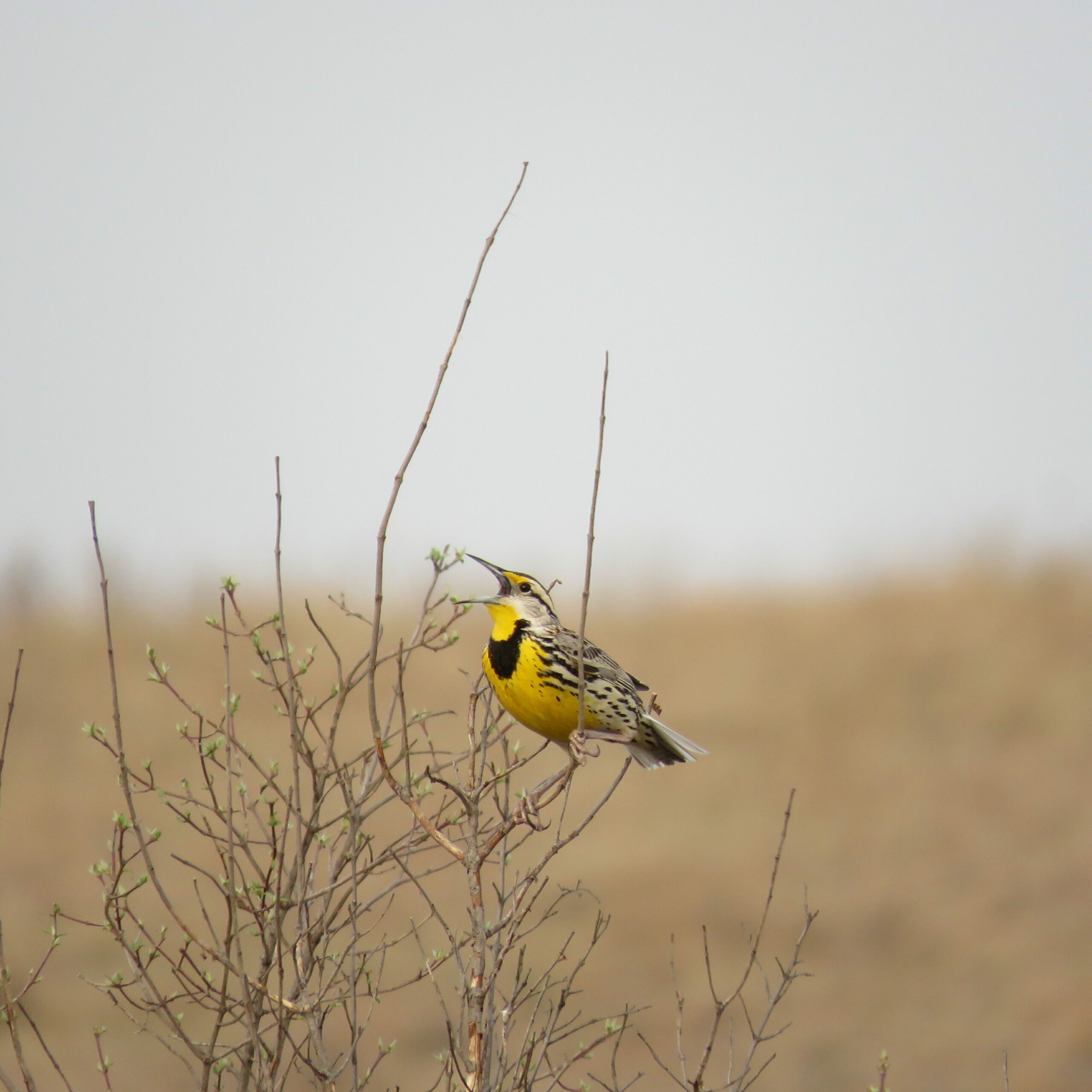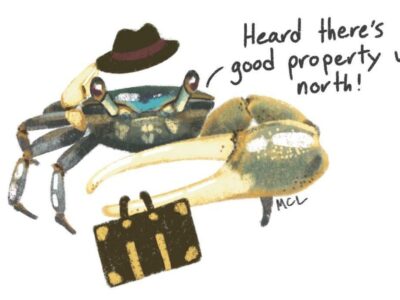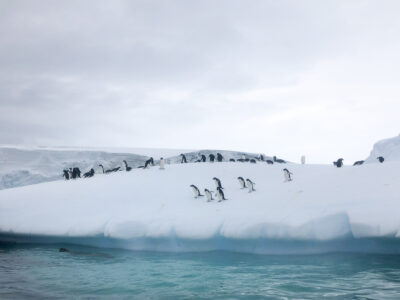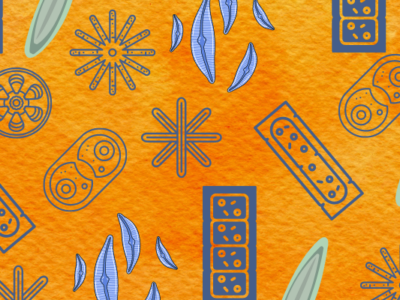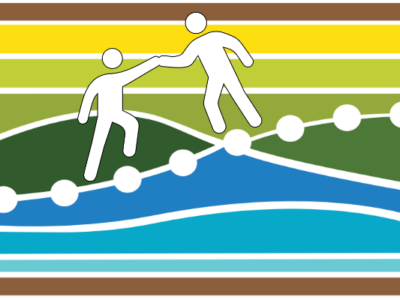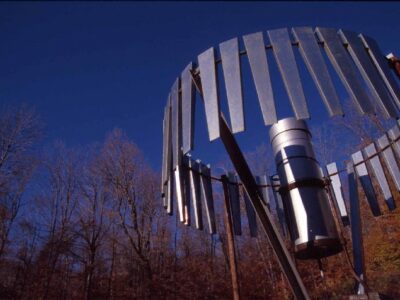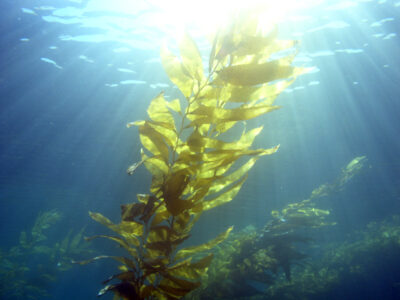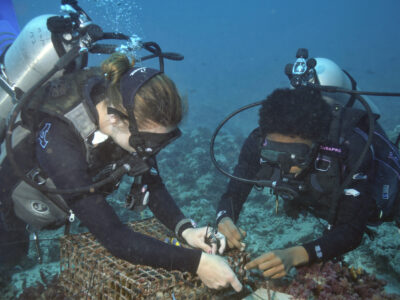Unintentional Oasis – An Accidental Urban Wetland in the Sonoran Desert
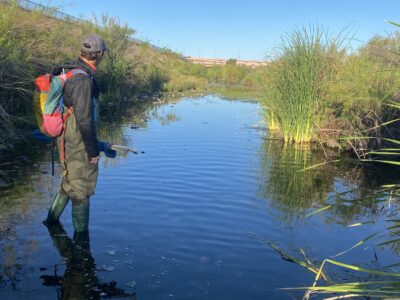
The Central Arizona-Phoenix LTER (CAP LTER) has monitored nutrient cycles, biodiversity, and human activity in this accidental wetland since 2012, revealing this ecosystem is in some ways a happy accident–a rare occurrence in the age of climate change.

